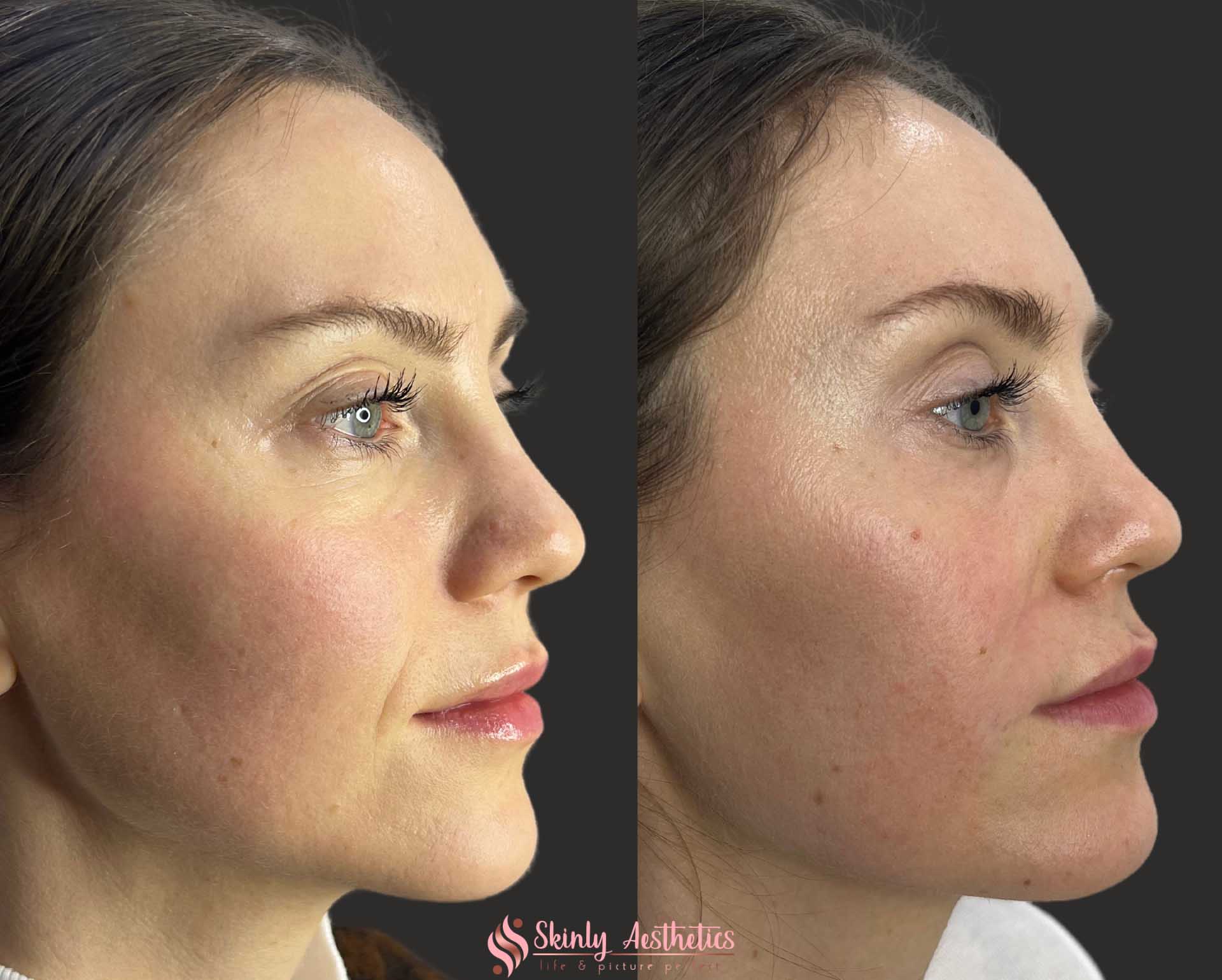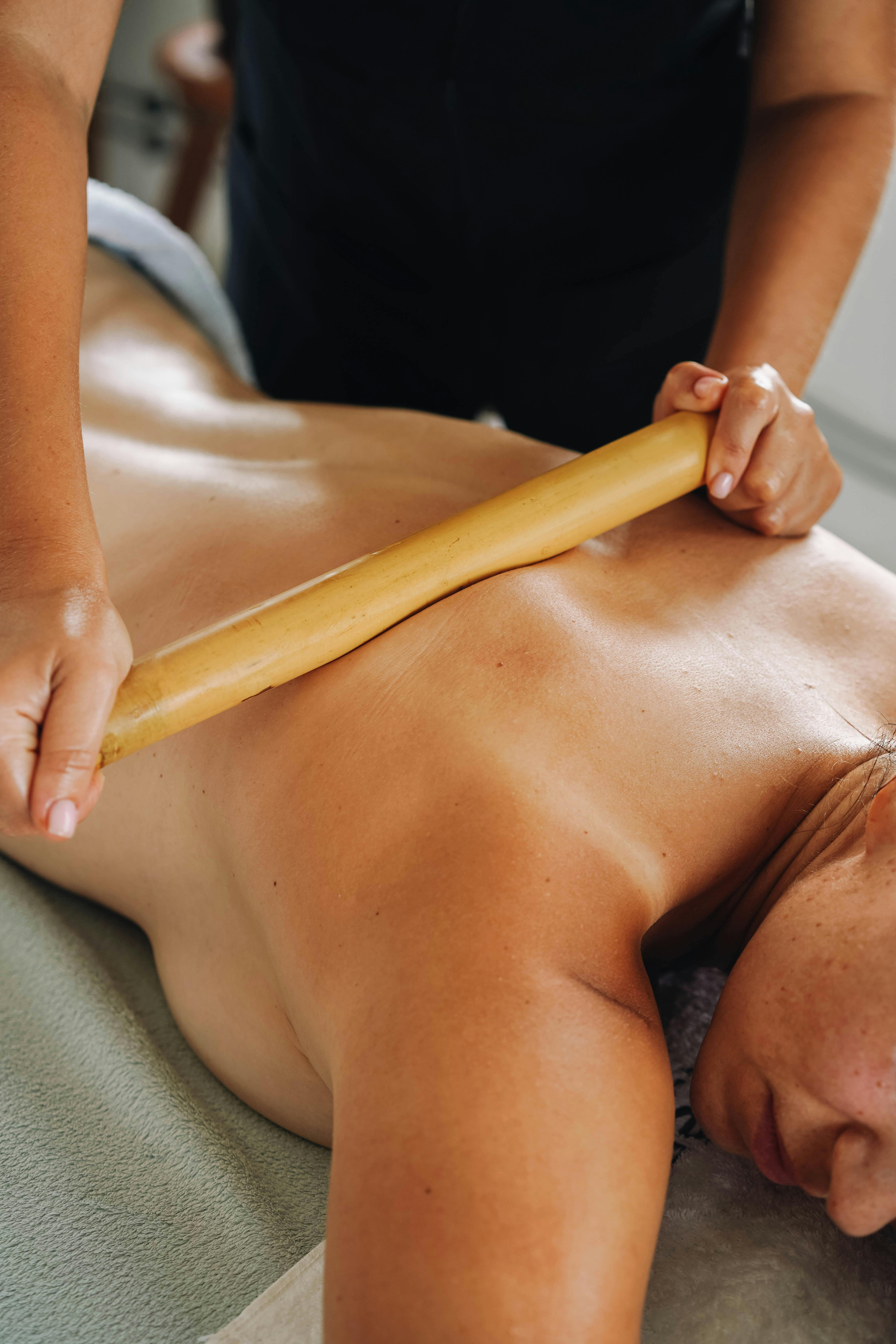Smart Ways to Drain Ear Sinus Fluid: Proven Techniques for 2025

Effective Ways to Drain Ear Sinus Fluid: Essential Methods for Relief in 2025
Experiencing fluid in the ear can be uncomfortable and distressing. Whether it results from a sinus infection or eustachian tube dysfunction, understanding how to drain ear sinus fluid effectively can bring much-needed relief. In this article, we'll explore various methods and home remedies that work effectively in 2025 to help alleviate ear fluid issues, providing a comprehensive guide for optimal ear health.
Understanding the Causes of Ear Fluid Buildup
Fluid accumulation in the ear often occurs due to infections, allergies, or changes in air pressure. Common causes include ear infections, sinus infections, and blocked eustachian tubes. These conditions can lead to increased pressure and discomfort, sometimes resulting in more severe symptoms like pain or reduced hearing ability. Learning how to drain ear fluid is paramount. Recognizing the symptoms, such as a feeling of fullness in the ear or hearing loss, can help determine the best course of action.
Identifying Symptoms of Fluid in Ear
The symptoms of fluid in ear typically manifest as a sensation of pressure or fullness. Individuals might experience muffled hearing or even tinnitus. Individuals with a sinus infection may notice additional symptoms, including sinus headaches and nasal congestion. Every symptom serves as a vital clue for proper diagnosis and treatment.
The Importance of Eustachian Tube Function
The eustachian tube plays a crucial role in equalizing pressure between the ear and the environment. When clogged or swollen, it prevents proper drainage, leading to fluid buildup. This blockage can be exacerbated by allergies, respiratory infections, or environmental factors. Techniques to clear eustachian tube congestion can facilitate better ear drainage. Strategies involve swallowing, yawning, or performing nasal irrigation for ear fluid.
Exploring Ear Fluid Drainage Methods
When it comes to effective ear fluid drainage methods, various approaches can alleviate symptoms. Techniques such as ear fluid suction, over-the-counter decongestants, and nasal sprays designed for sinus pressure relief can be highly effective. A simple warm compress over the ear can also promote circulation and potentially assist in fluid drainage. Employing these methods may provide immediate comfort and help restore proper function.
Home Remedies for Ear Fluid Relief
In addition to medical treatments, numerous home remedies exist for managing ear fluid accumulation effectively. Many individuals prefer natural remedies for reasons of convenience and effectiveness. Simple ingredients found in your home can yield substantial benefits.
Using Natural Ingredients: Garlic Oil and More
Garlic oil is recognized for its antibacterial and antifungal properties, making it a suitable option for home remedies for ear fluid. Natural oils can assist in soothing inflammation and alleviating discomfort. Another beneficial technique is applying a warm compress on the ear, which promotes blood flow and potentially makes the draining process easier. Furthermore, using saline solution for ear flushing can help remove excess fluid and keep the ears clean and clear.
Hydration and Its Impact on Sinus Health
Hydration is a critical element in supporting sinus health and fluid drainage. Drinking plenty of fluids helps thin mucus, allowing for better drainage through the eustachian tube. Herbal teas and warm broths can provide hydration while offering additional soothing properties. Keeping the body adequately hydrated strengthens the immune response and supports overall ear health.
Steam Therapy for Sinus Relief
Steam inhalation for sinuses can provide profound benefits, as steaming opens nasal passages and promotes nasal congestion relief. This not only aids in relieving pressure in the ears but also enhances overall sinus drainage. For added effectiveness, consider adding eucalyptus oil to your steaming routine for a more natural approach to alleviating sinus issues.
Preventive Measures Against Ear Fluid Accumulation
Taking proactive measures can often reduce the incidence of ear fluid issues. Prevention strategies focus on maintaining ear and sinus health, ensuring less opportunity for blockages to occur.
Maintaining Healthy Eustachian Tubes
Keeping the eustachian tubes clear is vital for proper ear functioning. Regularly performing simple actions like swallowing and yawning can help maintain this clearance. Moreover, avoiding allergens and irritants that cause sinus inflammation is another crucial component of effective prevention. These practices can play a beneficial role in minimizing instances of fluid accumulation.
When to Seek Medical Attention for Ear Issues
There are instances when potential fluid in ear treatment requires professional intervention. If symptoms persist for an extended period or worsen, it is essential to consult a healthcare professional. Signs of ear infection, such as severe pain, fever, or noticeable loss of hearing, warrant immediate medical evaluation to prevent complications.
Lifestyle Changes for Improved Ear Health
Implementing specific lifestyle changes can improve overall ear health. Practicing good ear hygiene, avoiding excessive moisture, and steering clear of loud noises can protect the ears from damage or infections. Understanding the connection between allergies and ear fluid management can help individuals avoid practices that lead to congestion and fluid buildup, ensuring the ears remain functional and healthy.
Key Takeaways
- Regular hydration and heat application can effectively aid fluid drainage.
- Understanding signs of fluid accumulation is crucial to prevention and treatment.
- Home remedies like garlic oil and saline solutions provide natural relief.
- Consult a healthcare professional if symptoms persist or worsen.
- Lifestyle changes and avoiding allergens can prevent future occurrences of ear fluid buildup.
FAQ
1. What are the common symptoms of a sinus infection affecting ear fluid?
Common symptoms include a sensation of fullness in the ear, decreased hearing ability, ringing in the ear, and potential ear pain. Coupled with sinus symptoms such as congestion, pressure, and headaches, recognizing these signs is crucial for effective treatment.
2. Which home remedies are best for relieving fluid in the ear?
Home remedies like using warm compresses, saline solutions for ear flushing, and garlic oil are effective tasks to relieve ear fluid. Regular hydration and steam inhalation are also beneficial for long-term relief.
3. How can I make sure my eustachian tubes remain functional?
Regular activities such as swallowing, yawning, and staying hydrated help keep the eustachian tubes functioning well. Avoiding allergy triggers contributes significantly to maintaining clear passages for optimal ear drainage.
4. When should I see a doctor about fluid in my ear?
If symptoms persist beyond a few days, or if they include severe pain, high fever, or significant hearing loss, it’s essential to consult a medical professional. Timely intervention can prevent complications associated with ear infections or fluid accumulation.
5. What is the best way to prevent ear fluid problems in children?
Encourage children to drink plenty of fluids and avoid allergens that can cause sinus issues. Regularly flushing the nasal passages with saline solutions can also help prevent ear fluid buildup in children.

